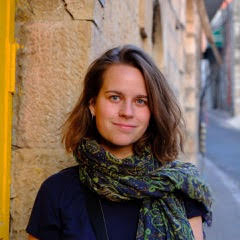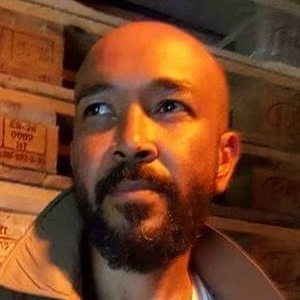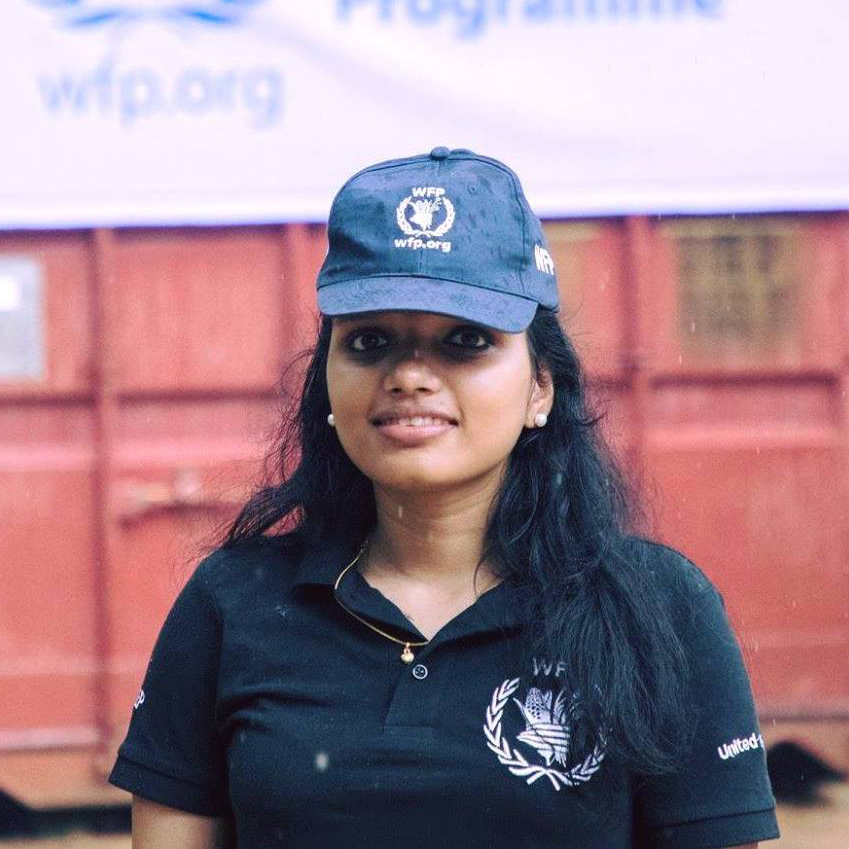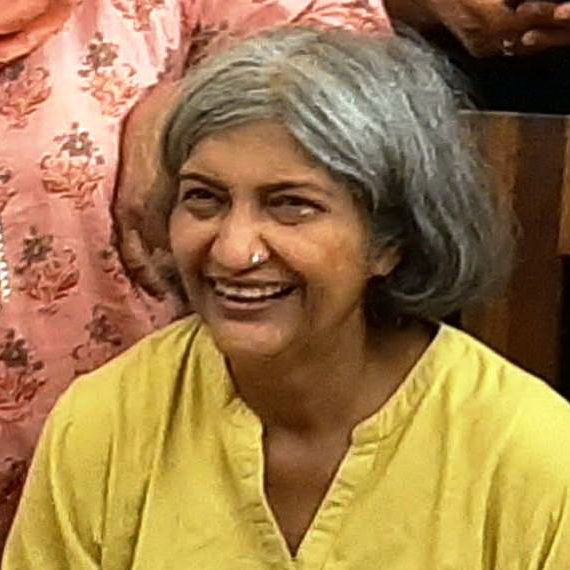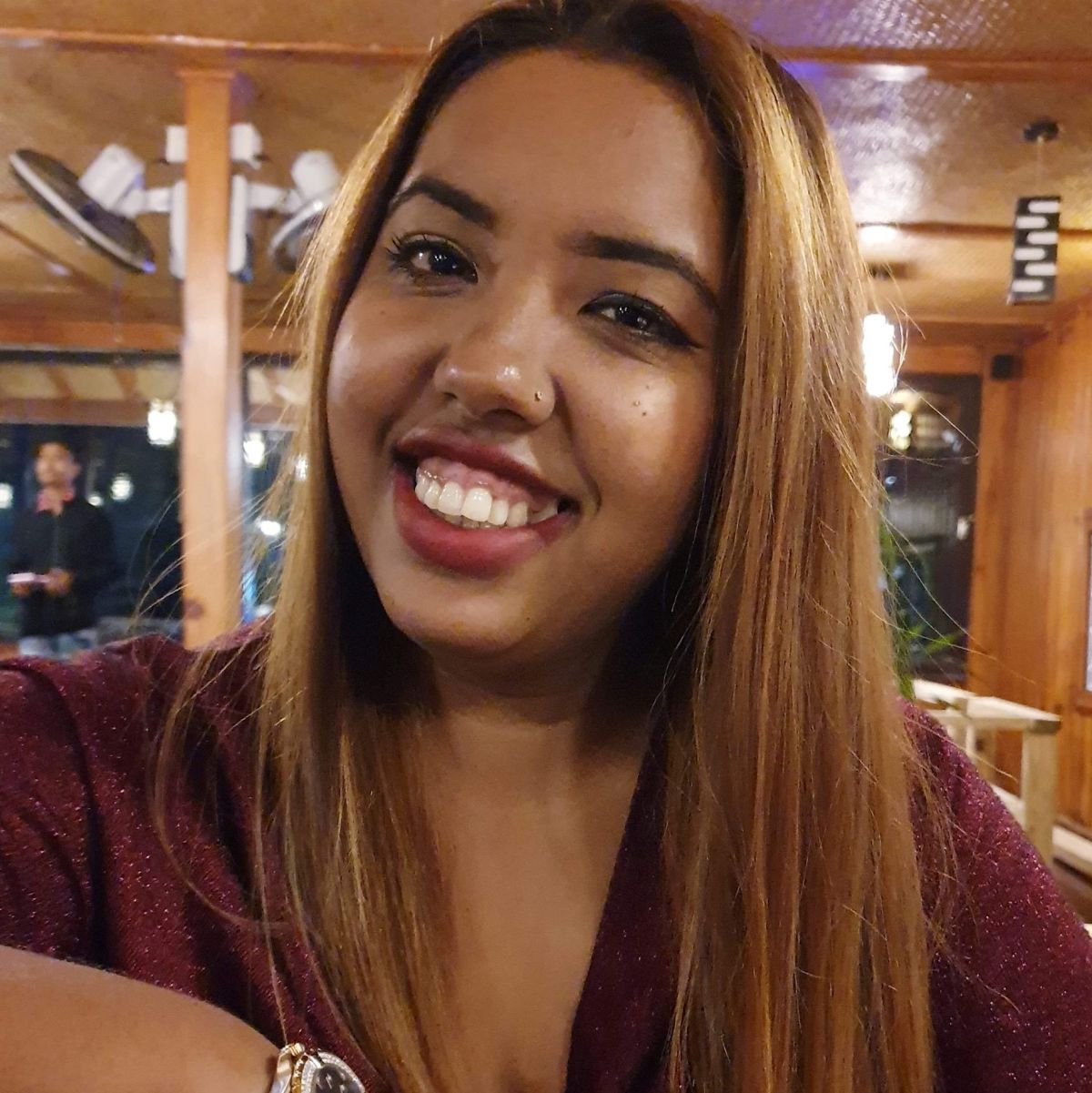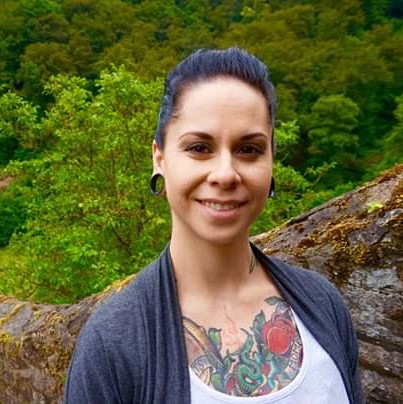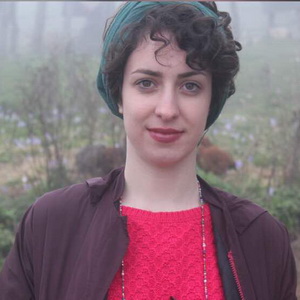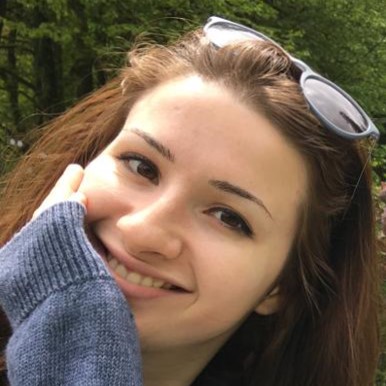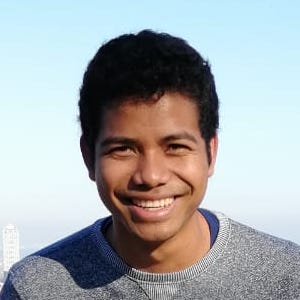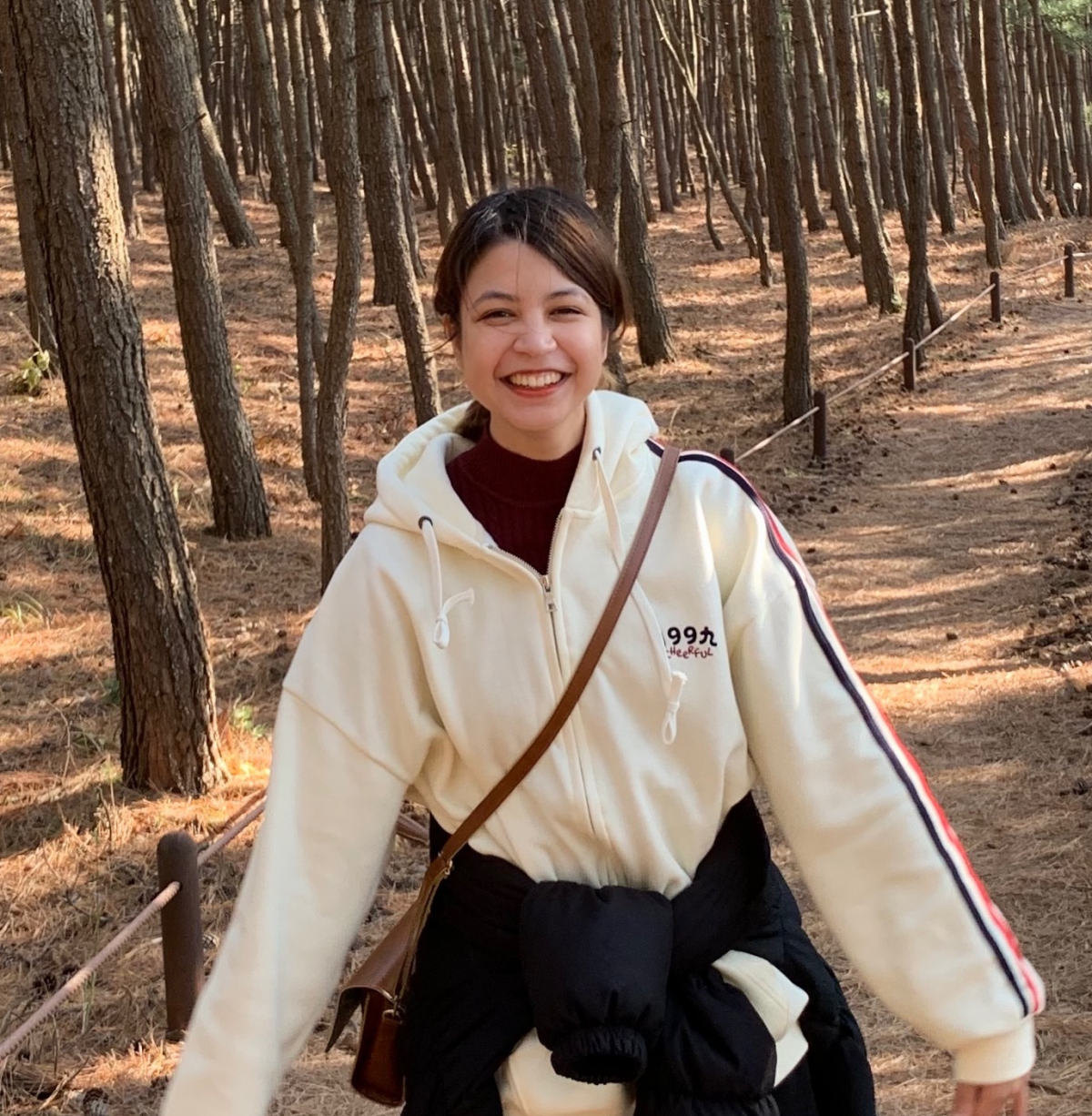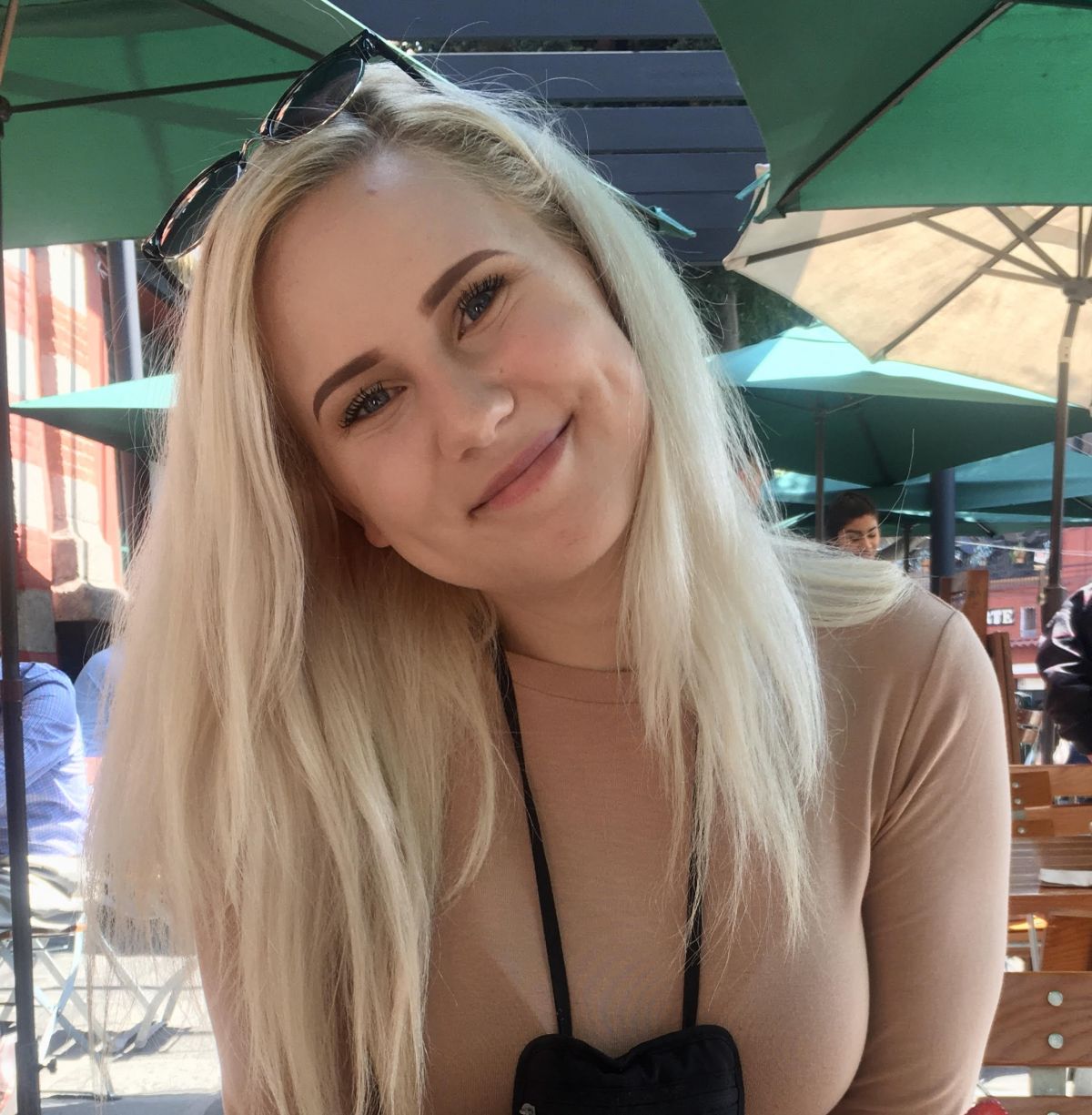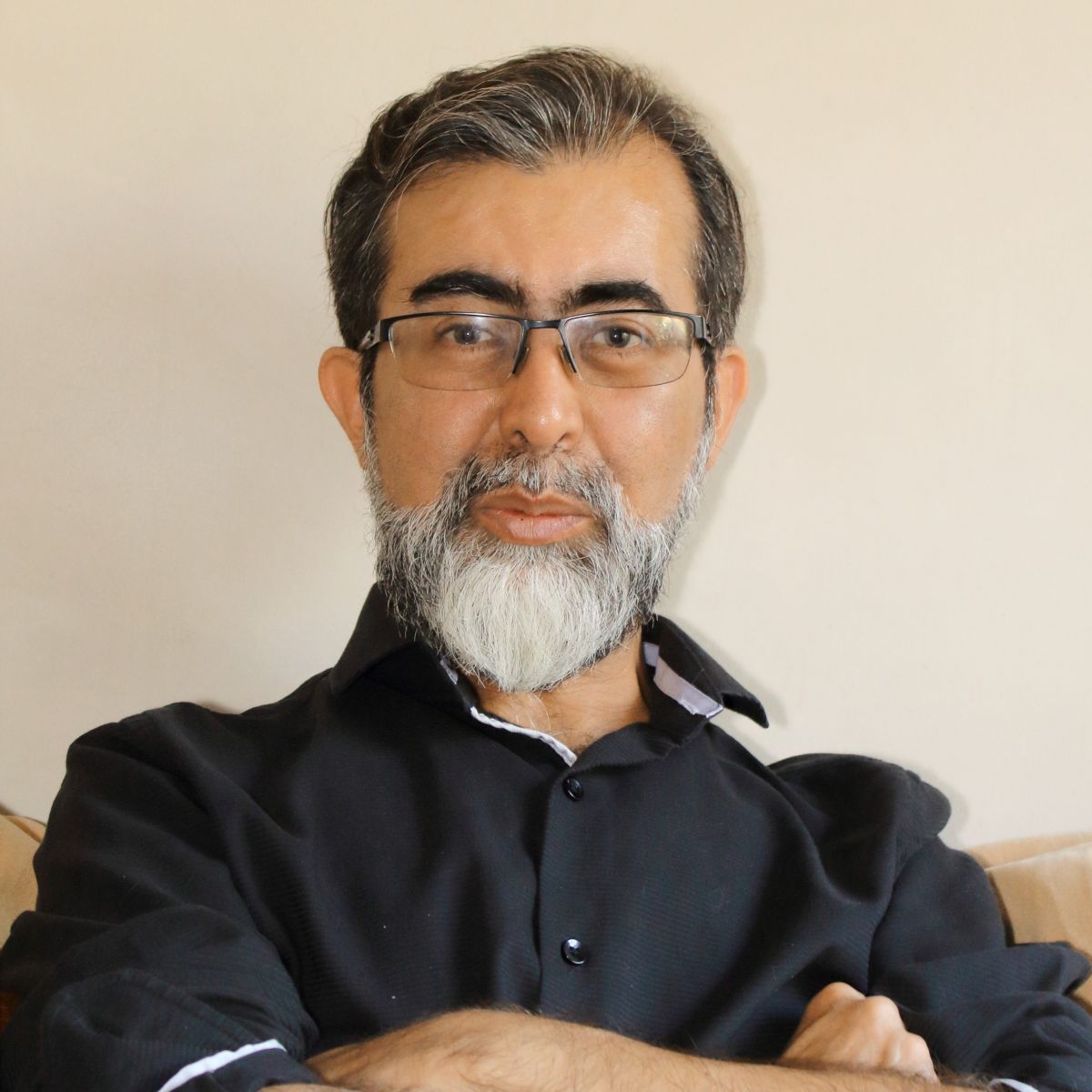Attraverso l’arte l’umanità perdura
Nel campo rifugiati più grande del mondo, Baisali ha conosciuto dei musicisti che le hanno raccontato come la musica rappresenti per loro la libertà.
Bangladesh, South Asia
Story by Baisali Mohanty. Translated by Maria Grazia Calarco
Published on September 13, 2021.
This story is also available in 
Questa storia si basa su un’intervista a Baisali Mohanty realizzata dai membri del team di CotW
Dal 2018 al 2020 sono stata assegnata al campo rifugiati di Kutupalong, in Bangladesh, vicino al confine con il Myanmar, nel ruolo di responsabile operativo per il World Food Programme (WFP) delle Nazioni Unite. Kutupalong è il campo profughi più grande del mondo, con quasi 1 milione di rifugiati [1]. Prima di cominciare a lavorare per il WFP, mi ero interessata alla crisi di Rohingya e l’avevo raccontata come giornalista, ma conoscevo le storie dei rifugiati solo da lontano. Quando sono arrivata al campo, ero ancora all’oscuro della situazione. Lavorare e vivere al campo era estenuante, dal punto di vista fisico ed emotivo. L’idea stessa di “fine settimana” divenne obsoleta. Passavo le giornate a lavorare, mangiavo e andavo a dormire. Ma non era così faticoso come può sembrare, perché sapevo che, insieme ai miei colleghi, stavamo aiutando delle persone che avevano attraversato tante difficoltà. E poi ho conosciuto i musicisti.
Anche se non capivo perfettamente la loro lingua, riuscivo a percepire che la musica li faceva sentire più vicini a casa.
C’era questo anziano violinista di circa settant’anni che suonava il violino ogni sera, solo per sé, e ogni volta che suonava, una folla di persone si riuniva attorno a lui. Anche se non capivo perfettamente la loro lingua, riuscivo a percepire che la musica li faceva sentire più vicini a casa.
Ho conosciuto altri musicisti tra i rifugiati e ho chiesto cosa significasse la musica per loro. Mi hanno risposto che era la cosa che li faceva sentire più vicini a casa. Hanno detto che volevano la pace, e la musica per loro rappresentava la pace. L’anziano violinista mi ha detto: “La musica è la mia espressione di libertà”. Questo mi ha toccato nel profondo. Mi ha fatto riflettere sul fatto che i rifugiati non sanno se potranno tornare a casa, e quando potranno farlo. Eppure, continuano a esprimersi attraverso l’arte. Allora ho deciso di fare qualcosa insieme a loro e alla loro arte. Volevo comunicare al mondo esterno la loro difficile condizione, ma anche il loro senso di speranza.
Essendo anche io un’artista, penso sempre che l’arte sia uno strumento importante per comunicare, anche quando si parlano lingue diverse. Per prima cosa ho registrato con il mio telefono la loro musica, e ho provato a montarci su una coreografia. Poi l’ho mostrata ai miei manager del WFP. Abbiamo collaborato con i musicisti di Rohingya, che volontariamente hanno realizzato un brano che racconta le loro storie attraverso la musica. Hanno raccontato le loro storie tramite i testi delle loro canzoni. Insieme ai miei colleghi del campo, abbiamo creato un breve documentario in cui la loro musica fa da sottofondo alla storia di un rifugiato che racconta di essere arrivato al campo a diciassette anni. Il brano è stato diffuso dalle Nazioni Unite per la Giornata Mondiate del Rifugiato.
Il documentario rappresenta il culmine di ciò che ho vissuto e provato negli ultimi due anni di lavoro al campo profughi. Più lavoravo a contatto con questi musicisti e con gli altri rifugiati, più vedevo il loro lato umano. Questo significa molto più che entrare in empatia con loro. Tramite questa espressione artistica, volevo dimostrare che non importa a quale religione, etnia o cultura apparteniamo, la nostra umanità perdura. Volevo diffondere il messaggio che i rifugiati sono persone normali, come noi. Collaborare con i musicisti del Bangladesh ha anche contribuito a promuovere la comprensione, poiché il documentario racconta come il Bangladesh offrisse ospitalità ai rifugiati molto prima dell’arrivo dell’ONU.
Ci sono tanti modi per connettersi con gli altri. Io ho scelto l’arte e la danza per connettermi con le persone attorno a me.
Ci sono tanti modi per connettersi con gli altri. Io ho scelto l’arte e la danza per connettermi con le persone attorno a me. Forse ognuno di noi è solo una goccia nell’oceano, ma insieme creiamo degli effetti a catena e possiamo influenzarci a vicenda in tanti modi diversi. È questo che ho provato quando mi sono imbattuta per caso nei musicisti rifugiati che, attraverso la loro arte, creano una casa e la pace.
Puoi guardare il documentario sulla danza di Baisali qui.
Note a piè di pagina
[1] https://www.unrefugees.org/news/inside-the-world-s-five-largest-refugee-camps/
How does this story make you feel?
Follow-up
Do you have any questions after reading this story? Do you want to follow-up on what you've just read? Get in touch with our team to learn more! Send an email to [email protected].
Editorial
Baisali puts the perspectives of most-affected people in the spotlight through art. She collaborated with musicians from the refugee camp to showcase their music and stories. In a similar way, Julie and Milton describe how they paint strong and powerful images of women, people of color, and people from communities often excluded in art. They challenge norms of gender and race in their paintings, and, in doing so, invite viewers to see women, gender, race, and people from other cultures in new ways.
Recommended Further Reading
Talk about this Story
Please enable cookies to view the comments powered by Disqus.
Subscribe to our Monthly Newsletter
Stay up to date with new stories on Correspondents of the World by subscribing to our monthly newsletter:
Other Stories in Italiano
Explore other Topics
Get involved
At Correspondents of the World, we want to contribute to a better understanding of one another in a world that seems to get smaller by the day - but somehow neglects to bring people closer together as well. We think that one of the most frequent reasons for misunderstanding and unnecessarily heated debates is that we don't really understand how each of us is affected differently by global issues.
Our aim is to change that with every personal story we share.
Community Worldwide
Correspondents of the World is not just this website, but also a great community of people from all over the world. While face-to-face meetings are difficult at the moment, our Facebook Community Group is THE place to be to meet other people invested in Correspondents of the World. We are currently running a series of online-tea talks to get to know each other better.







